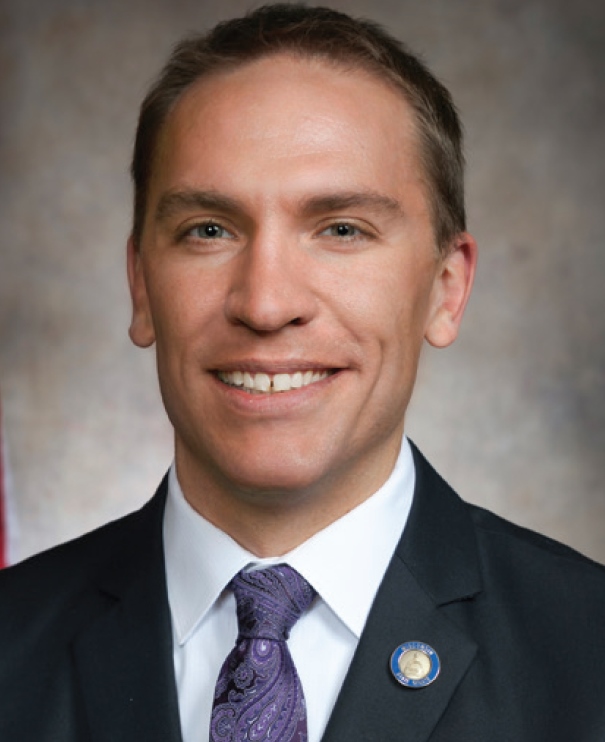State-sanctioned inequity
Milwaukee, WI – If you live in Wisconsin, there’s a pretty good chance you’ve been asked to raise your own property taxes to fund local schools at some point in the past decade. All told, there have been 1,077 public school referenda on ballots across the state since 2015, including 103 in spring 2024 alone. The listed reasons run the gamut from building improvements to deferred maintenance on aging facilities, teacher pay to simply keeping the lights on.
Currently, public schools receive a base reimbursement rate for special education services of 33%. When all types of aid are included, this leaves districts across Wisconsin with about 60% of their special education costs unreimbursed, for a $1.2 billion shortfall in the 2022-23 school year alone.
Meanwhile, private schools participating in the Special Needs Scholarship Program, which served just 2,217 students that same year, are guaranteed a 90% reimbursement rate. Statewide, there were over 122,187 students with special needs in ‘22-23, as indicated by those with Individualized Education Plans (IEPs).
Just how big of a problem is this, and what does it have to do with the rise in school referenda? To find out, we took the 68 districts with operating referenda on spring 2024 ballots and matched up the amount of the operating referenda with the unreimbursed special education costs for the 2022-23 school year (the most recent year available). What we found was staggering:
- Unreimbursed special education costs were equivalent to 63.8% of the annual dollars sought via operating referendum in those 68 districts
- In 16 districts, unreimbursed special education costs accounted for 100% or more of the annual operating referendum amount
- Two-thirds of districts with operating referenda had unreimbursed special education costs equivalent to at least half of the annual referendum amount
- 57.0% of the recently-passed Milwaukee Public Schools referendum ($143.5 million out of $252 million) can be attributed to unreimbursed special education costs
This is not sustainable. People support their public schools, but there are limits to how much they are willing to raise their own taxes. Where referendum passage rates once topped 80%, less than 60% passed this spring, for a total of $1.0 billion. With a multi-billion state budget surplus, there’s no reason this should happen here in Wisconsin.
A Legislative Fiscal Bureau (LFB) memo requested by this office estimates that the annual state cost of bringing public schools into parity with voucher schools (a 90% reimbursement rate) would be $969.6 million above current law, based on preliminary 2023-24 data. LFB previously estimated that the state will end the 2023-25 biennium with a $3.25 billion surplus, so this critical investment could be achieved without cutting other important priorities. Instead of relying on the more regressive property tax levy, shifting these costs to the state would spread the burden more evenly among wealthier individuals and businesses who benefit greatly from a well-educated workforce.
May 6-10 is Teacher Appreciation Week. The time is now to support their work serving all Wisconsin students. Our kids deserve it!
To view the entire list of districts with Spring 2024 operating referenda, the annual amount sought, and the district’s 2022-23 unreimbursed special education costs, CLICK HERE. Data sourced from Wisconsin Department of Public Instruction (DPI)
NOTE: This press release was submitted to Urban Milwaukee and was not written by an Urban Milwaukee writer. While it is believed to be reliable, Urban Milwaukee does not guarantee its accuracy or completeness.






















